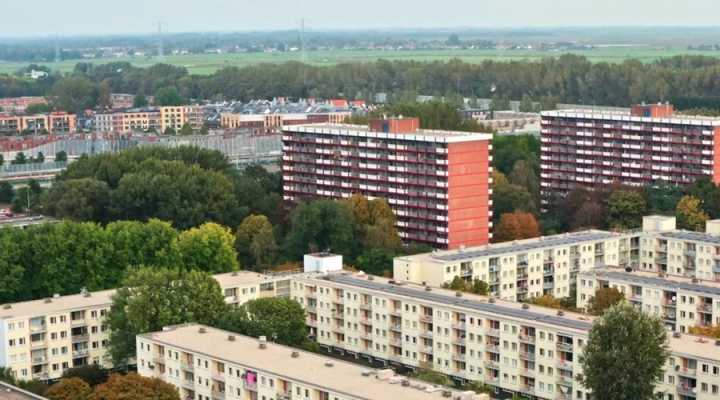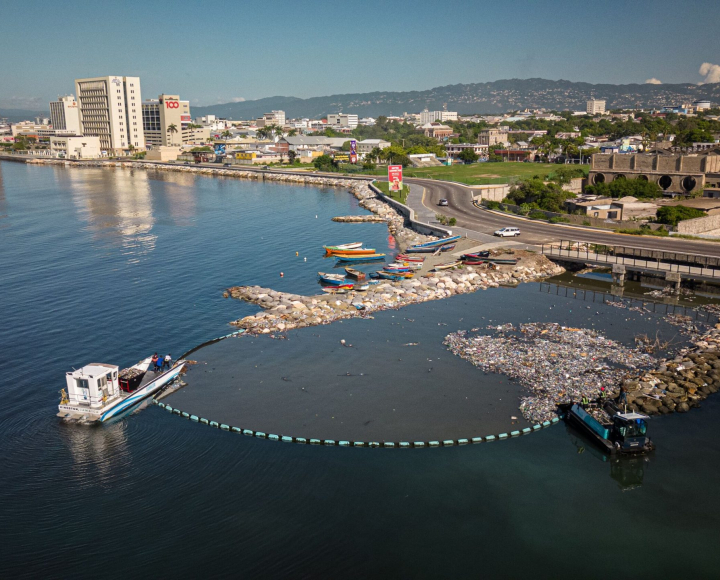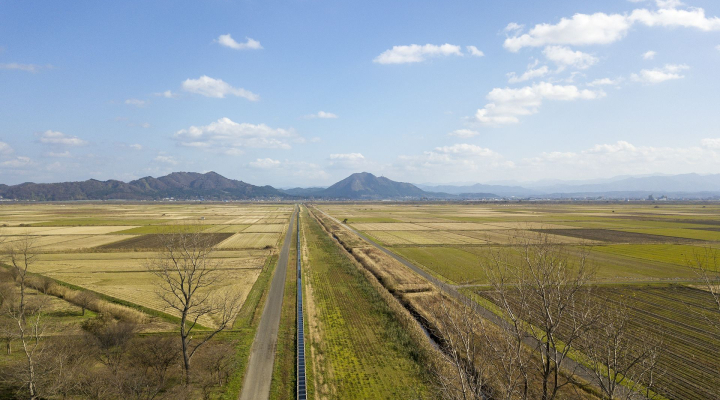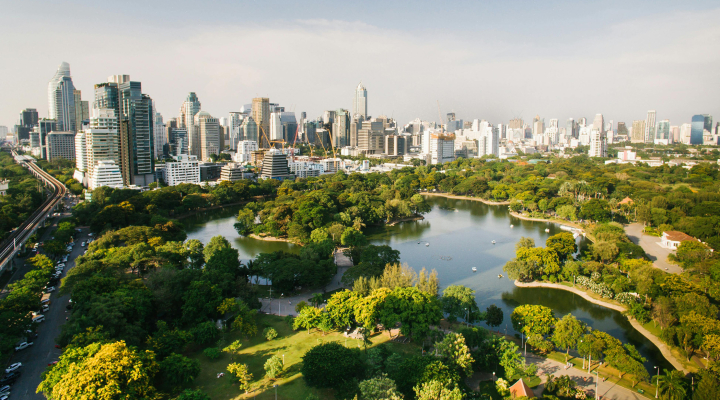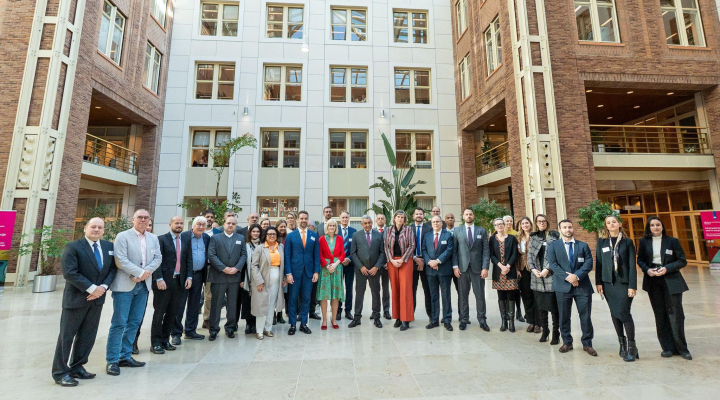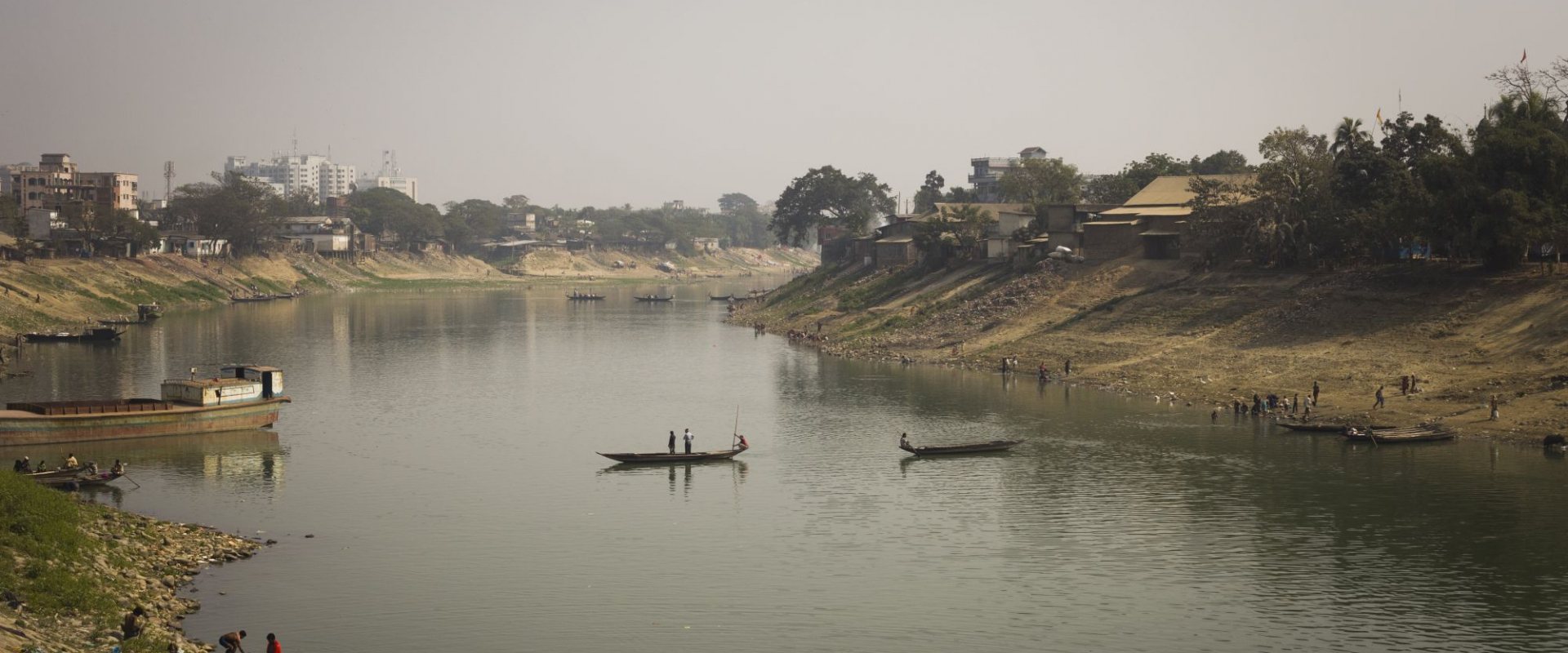
Bangladesh Delta Plan 2100
A large consortium of companies and governmental institutions from the Netherlands and Bangladesh, led by consultancy firm Twynstra Gudde, developed the Delta Plan for Bangladesh 2100 (BDP2100). The delta plan was approved by the Bangladesh government in September 2018.
Holistic plan for Bangladesh Delta
The government of Bangladesh, in cooperation with the government of the Netherlands, aims to create the Bangladesh Delta Plan 2100. The Delta Plan integrates planning from delta-related sectors and from all across the country to come to a holistic plan for the Bangladesh Delta. The Delta Plan will be grounded in a long-term vision of the Delta’s future. This long-term vision, combined with the use of scenarios, allows planning to be adaptive and dynamic by constantly taking into account uncertainties in future developments in e.g. climate change, socio-economic development, population growth and regional cooperation. The Delta Plan is more than just a one-time planning exercise and aims to provide the foundation for permanent delta governance in Bangladesh through the outlining of a delta framework.
Bangladesh is the largest delta of the world. Its rivers and floodplains, which make up 80% of the country, support life, livelihoods and the economy. Bangladesh is a rapidly developing country, envisaging to be a middle-income country in 2021. The country faces major inter-related delta challenges in water safety, food security and socio-economic development and is prone to natural calamities such as floods, cyclones, and droughts. There is already high pressure on the available land and water resources in the delta.
Exchange of knowledge and expertise
Carola van Rijnsoever (Director Inclusive Green Growth at the Ministry of Foreign Affairs): “I want to emphasise that this cooperation is truly beneficial to both countries. The national experts in Bangladesh have a deep understanding of water-related issues. The Netherlands can gain from this knowledge in our objective to develop innovative water management policies.”
Prof. Alam (Secretary, General Economics Division Bangladesh): “The Netherlands gained much experience in their own country. They can come here to establish agroprocessing, they can help us to modernize the sector.”
Delta planning process and implementation
The Bangladesh Delta Plan 2100 was formulated through a process that is adapted from the delta planning process as used in the Netherlands. The Netherlands and Bangladesh are faced with highly similar challenges in terms of water safety. Key elements of the delta planning process include the conduct of baseline studies, the outlining of a delta vision and scenarios, the creation of a delta framework for delta governance, the iterative selection of delta strategies, the formulation of an investment plan and a program for capacity building. The plan will find immediate applicability through the working out of a set of short-term no-regrets measures as input to the Bangladesh government’s 7th Five-Year Plan for 2016-2020.
The formulation of the plan was led by the General Economics Division of the Ministry of Planning, and is supported by the Embassy of the Kingdom of the Netherlands. Technical assistance was provided through the BanDuDeltAS consortium, bringing together cross-sectoral expertise from the Netherlands and Bangladesh.
Since 2018, a consortium, with support from the Netherlands, is working on a project to support the implementation of Bangladesh Delta Plan.




